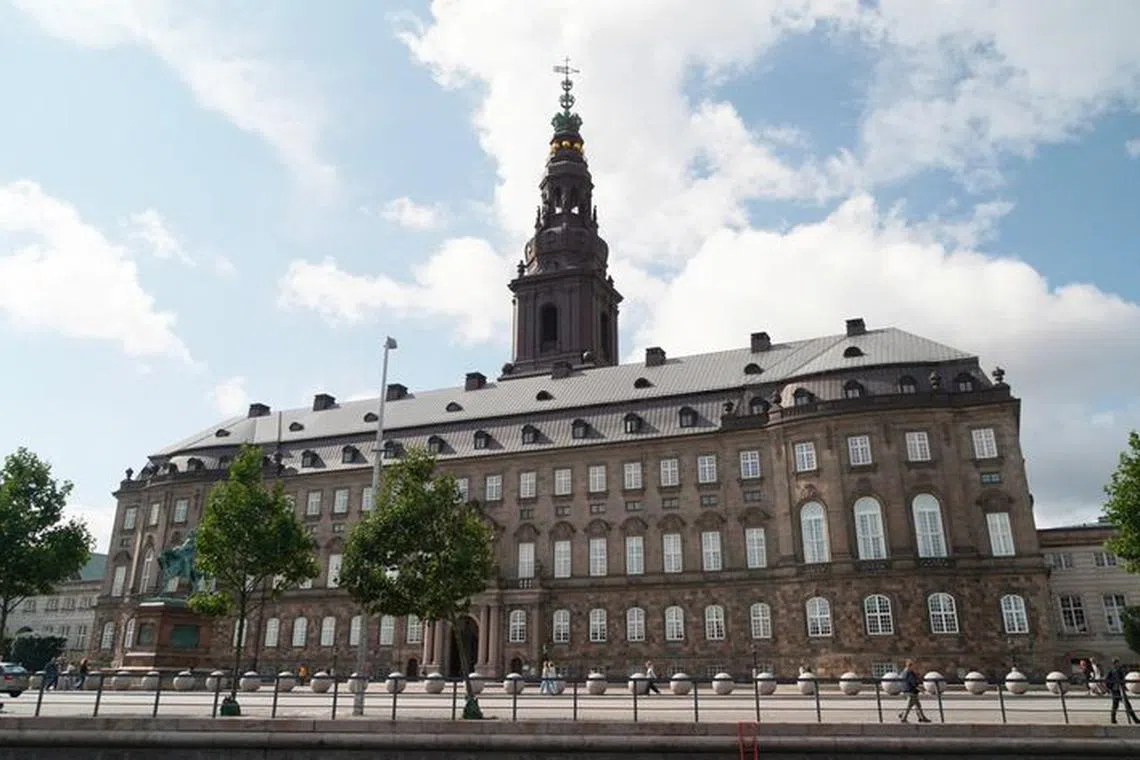Denmark passes Bill to stop Quran burnings
Sign up now: Get ST's newsletters delivered to your inbox

In 2023, Denmark saw a series of protestswhere anti-Islam activists burned or otherwise damaged copies of the Quran.
PHOTO: REUTERS
Follow topic:
COPENHAGEN – Denmark’s Parliament passed a Bill on Dec 7 that makes it illegal to burn copies of the Quran in public places, after protests in Muslim nations over the desecration of Islam’s holy book raised Danish security concerns.
In 2023, Denmark and Sweden experienced a series of public protests, where anti-Islam activists burned or otherwise damaged copies of the Quran
Denmark sought to strike a balance between constitutionally protected freedom of speech, including the right to criticise religion, and national security amid fears that Quran burnings would trigger attacks by Islamists.
Domestic critics in Sweden and Denmark have argued that any limitations on criticising religion, including by burning Qurans, undermine hard-fought liberal freedoms in the region.
“History will judge us harshly for this, and with good reason… What it all comes down to is whether a restriction on freedom of speech is determined by us, or whether it is dictated from the outside,” said Ms Inger Stojberg, leader of the anti-immigration Denmark Democrats party, who opposed the ban.
Denmark’s centrist coalition government has argued that the new rules will have only a marginal impact on free speech and that criticising religion in other ways remains legal.
Breaking the new law would be punishable by fines or up to two years in prison, the government said.
Sweden, too, is considering ways to legally limit Quran desecrations but is taking a different approach from Denmark.
It is looking into whether the police should factor in national security when deciding on applications for public protests. REUTERS

